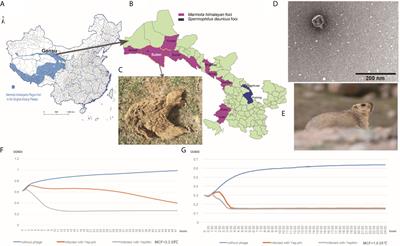EDITORIAL
Published on 20 Dec 2021
Editorial: The Application of Phages Against Infectious Diseases
doi 10.3389/fcimb.2021.815984
- 1,541 views
- 2 citations
26k
Total downloads
103k
Total views and downloads
You will be redirected to our submission process.
EDITORIAL
Published on 20 Dec 2021
REVIEW
Published on 06 Dec 2021

ORIGINAL RESEARCH
Published on 16 Aug 2021

ORIGINAL RESEARCH
Published on 16 Jul 2021

ORIGINAL RESEARCH
Published on 08 Jul 2021

ORIGINAL RESEARCH
Published on 06 Jul 2021

ORIGINAL RESEARCH
Published on 18 Jun 2021

ORIGINAL RESEARCH
Published on 17 Jun 2021

ORIGINAL RESEARCH
Published on 11 Jun 2021

BRIEF RESEARCH REPORT
Published on 28 May 2021

ORIGINAL RESEARCH
Published on 16 Apr 2021

ORIGINAL RESEARCH
Published on 15 Apr 2021

